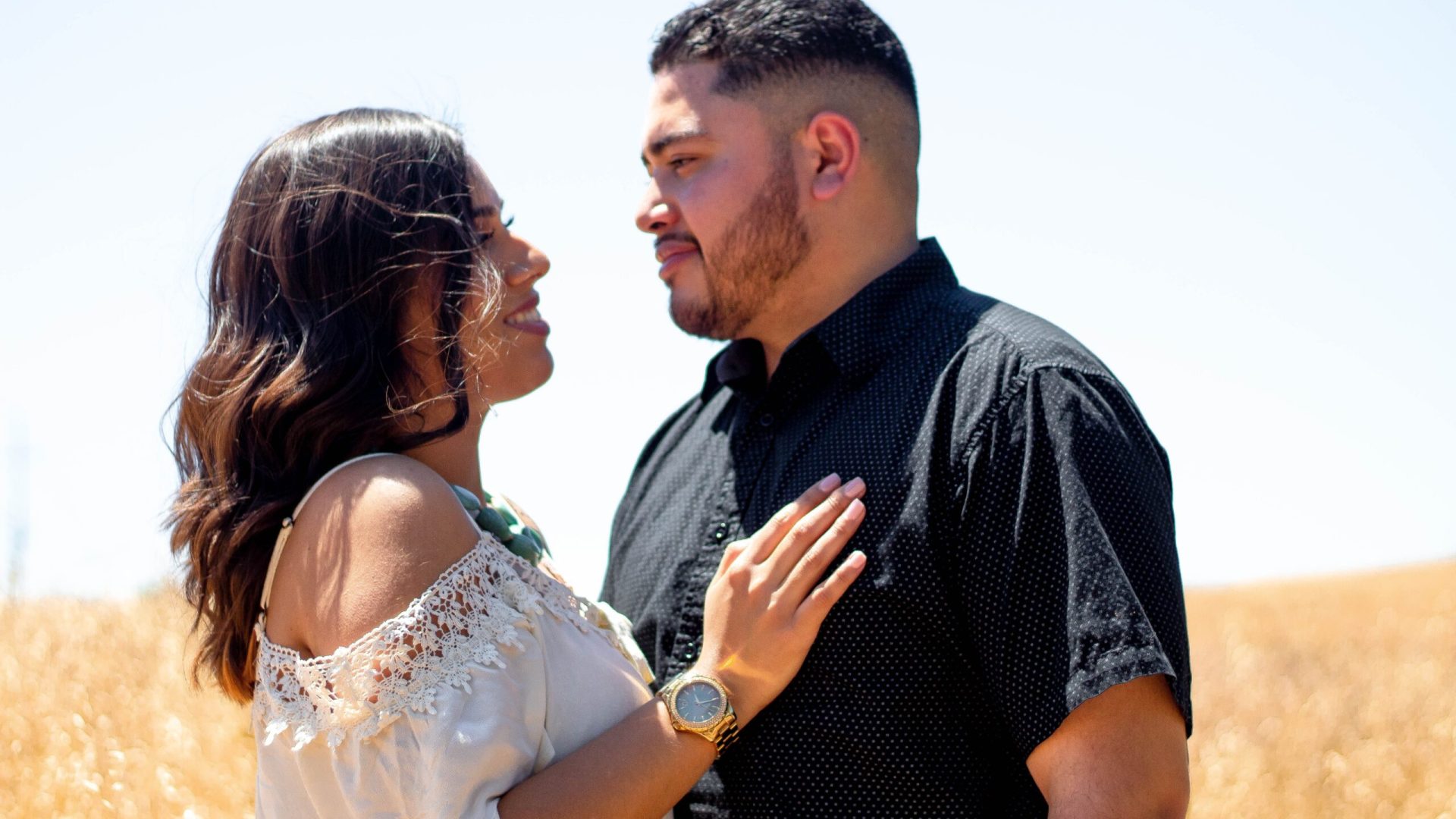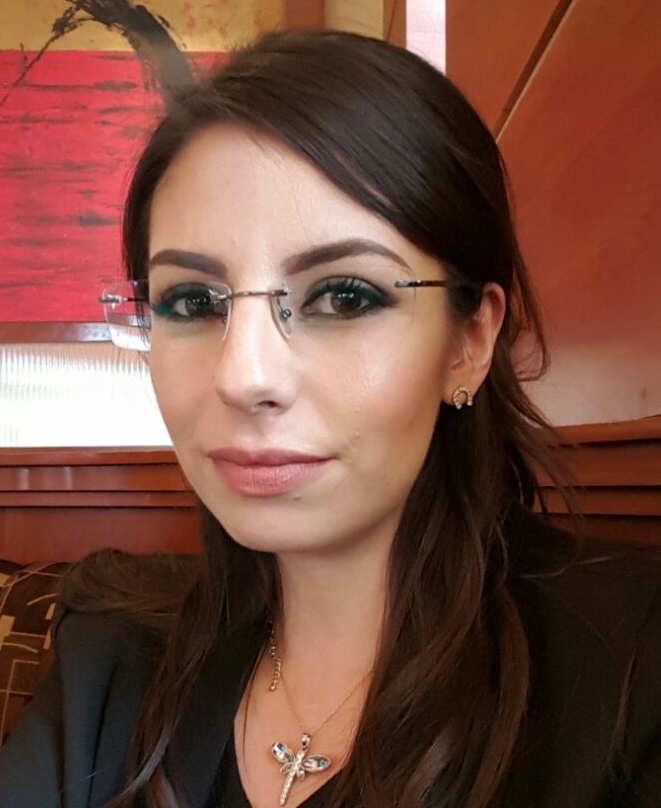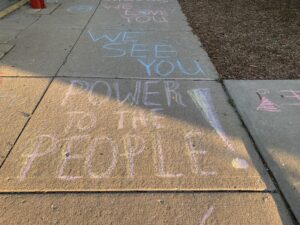Relationships
Love

Amor eterno, by Gustavo Adolfo Bécquer
(translated from Spanish)
“The sun may cloud forever;
The sea can dry up in an instant;
The axis of the earth may break
Like a weak crystal.
It will all happen! Death can
cover me with its sadness
But what can never be extinguished in me it
the flame of your love.”
Why Are Relationships Important?
In our adult life, our partners often become the most important individuals in our lives. This special relationship is a source of support and comfort. Your partner often becomes your best friend, confidant, and the person with whom you share each part of yourself. But have you ever wondered why relationships are so complicated? Or asked yourself “why don’t I always feel comfortable with what my partner does or says?”
Human beings are social creatures. From the moment we are born we begin to develop emotional bonds with the people around us. At first, it’s our parents/caregivers; our parent/caregivers provide us with our basic needs. They feed us, change our diapers, provide us with care, but most importantly, they provide us with affection and attention.
Throughout our lives, the people who provide affection change: starting with our parents and close family, to friends, schoolmates, and eventually romantic partners – the latter being the most important for many adults. My mother always told me that our partners are the ones we spend the most time with in our lifetime and I agree. Let’s do the math, we generally live with our parents until the age of 17 or 18 and later many of us begin our lives with our partner as a couple. The average time most people spend as a couple is at least 50 years. Knowing this, how can we know more about our partner? What can we do to get closer to the person with whom we’ll spend so much time together?

Stress is an inevitable part of life. When we experience a stressful event, we generally require emotional support to cope. Stressful events can be everyday issues and/or crucial events in your life. For example, you had a bad day at work, you got a flat tire on your way to work, you are in the process of moving, you argued with someone close, or experienced a loss. Regardless of the event, you will need support and comfort. This can happen in several ways such as a kiss, a hug, a message, possibly food, being heard, or receiving help to solve the problem that generated the stress. Any of these responses of support and comfort can be summarized as “attention”. In other words, when we feel stressed, we need to receive attention from the person we consider closest to us or the one we believe will most likely help us relieve our stress.
Generally speaking, as we discussed earlier, during our childhood it’s our parents that provide us with comfort, and as we grow up it becomes our partner who takes on this role. When you have a bad day and you need to discuss what happened with someone close to you, your partner is usually the first person you choose to share this information with. You may also tell one or two close friends, but for many, it will generally be with their partner first. Most of the time we receive the response we want, if we write a message, we receive a response, if we cry, we receive a hug, if you want to chat, someone is listening, but the real problem develops when the response we hope to receive from our partner does not happen. In these cases, we begin to experience emotions, behaviors, and physiological responses derived from the stress generated by not finding relief in your partner. These varying responses are based on attachment theory’s fundamental concept of “attachment styles”.

What is Attachment Theory?
We can think of attachment styles as the set of physiological, emotional, and behavioral reactions in response to the stress generated by not receiving comfort from our partner or attachment figure.
According to the theory of attachment, the main objective of turning to our partner is to relieve stress and find a safe place, where our needs will be met. People, in general, seek help to alleviate the emotional distress that stressful events generate. Depending on each person’s relationship history, however, the ability to seek and receive help, as well as reactions to stress, can vary.
For example, let’s say you have a suspicion that your partner is being unfaithful to you. How do you react? What are you doing? Feeling? There are a variety of responses to this: 1) You may think the best thing to do is to run away from that relationship so you don’t expose yourself and have your heart broken, 2) you start to worry so much and you cannot avoid doing an exhaustive “investigation” about your suspicions (looking on your partner’s cell phone, social media, etc.), or 3) you talk openly and respectfully with your partner about your concerns. All these reactions depend on your personal history, your past romantic relationships, and your relationship with your parents, as well as your current partner.
In the same way, your partner has his past, his history, and his methods of reacting to stress. So while you may think that the things you do are insignificant and not intended to harm, your partner will react based on his own learning and it may include reactions different from your own. Attachment theory teaches us that the types of responses an individual has to stress in a relationship are based on different attachment styles. For more information on the different types of attachment styles, you can watch the video below which focuses on infants. In later articles, I will expand on the topic and give detailed descriptions for each of the different attachment styles. I will also be giving tips on how to identify your attachment style and your partner’s, as well as strategies to improve your relationship with your partner
Tips to Enhance Connection with Your Partner & Manage Stress
By now, you may be asking yourself, “What can I do to control my stress reactions and learn to ask for and receive help appropriately?” Below are some basic recommendations you can apply in your relationship:
Know your reactions to stressful events, and when I say stressful events, I mean EVERYTHING that causes you to react. Even the little things:
- forgetting something at home while you are halfway to your destination
- breaking a nail
- plans not going as you expected
Ask yourself, “do I worry too much and become easily overwhelmed?” Think about what emotions you experience under stress.
Are you angry, are you sad? What do you do? How do you express what you feel? Look inside yourself and get to know yourself.
It’s also helpful to know your partner’s reactions to stress. Do they ask for help or ask for your support? Do they walk away and prefer to resolve their problems on their own? Below are some tips for supporting your partner:
- Offer help according to what your partner may need. Don’t overdo it and try to solve their problems, instead ask “how can I help?”
- Express your love and support appropriately and respectfully (a hug, a kiss, a caress, a message, or even an “I’m here for you” can sometimes be more than enough).
- Be physically and emotionally present and available to your partner in times of difficulty (even if your partner does not require it or does not request it).
- Share your worries and emotions.
Remember: asking for help does NOT mean you are weak, and being vulnerable is a sign of strength.
Finally, take a break. Sometimes it’s helpful to step away and come back later when you are more calm and in a better headspace.
We all have a history and a past. For some, it has been positive, but for others, it has been full of negative experiences that have marked them for life (neglect, abuse, insecurity, infidelity). Be patient with yourself and your partner, and be aware that we ALL experience stress and we ALL need help from others from time to time. It’s always best to start with the closest: your partner and your family or friends. And as always, if needed, consult a professional who can help you through the process on your own or with your partner.

** If you enjoyed this article and want to learn more about relationships and attachment styles, consider buying a membership. With a Gold membership, you can access all of our existing and upcoming content! This article is part of our Cupid's Arrow category for Relationships and Love!
Scarlett Iglesias Hoyos is a clinical counselor with over 10 years of experience in the mental health field. Scarlett is pursuing a license in the USA to practice as a counselor. She is currently enrolled in an M.S. in Clinical Mental Health Counseling at UNLV and finishing her Ph.D. in Psychology at the National Autonomous University of Mexico (UNAM). Her background education includes an M.S in Biomedical and Health Sciences at University Autonomous of state of Hidalgo and an M.S. in Cognitive Behavioral Therapy at the Cognitive Behavioral Institute in Mexico. She graduated with honors from the University Autonomous of the state of Hidalgo with a Bachelor’s Degree in Psychology.
Scarlett was born and raised in Mexico and since 2018, when she moved to the USA, she has become interested in mental health regarding the underserved population, specifically Latin. Her goal is to connect, create, and spread mental health awareness, as much as to remove stigmas from her passion, psychology. Scarlett also loves to learn, explore, to take photographs, and to read.
-
This author does not have any more posts.



















